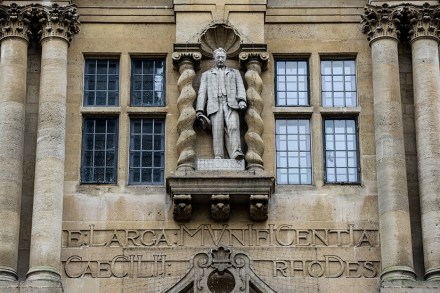Putin’s emperor complex
Did Vladimir Putin ever use his infamous ‘historical’ account of Russia-Ukraine relations to consider how Ukrainians might react to his decision to attack them? Clearly not. The Roman historian Tacitus (d. c. ad 120) knew better what history was for. Tacitus acknowledged that Rome under the tyranny of the emperors had become corrupted. As a result, it had lost that moral compass evident in its early history. Discussing the tribes of Germany, for example, he commented on the laudable strictness of their marriage laws (one man, one wife) and a life free of vice: ‘No one thinks vice funny, no one calls corrupting or being corrupted “modern life”.’ The implied




















